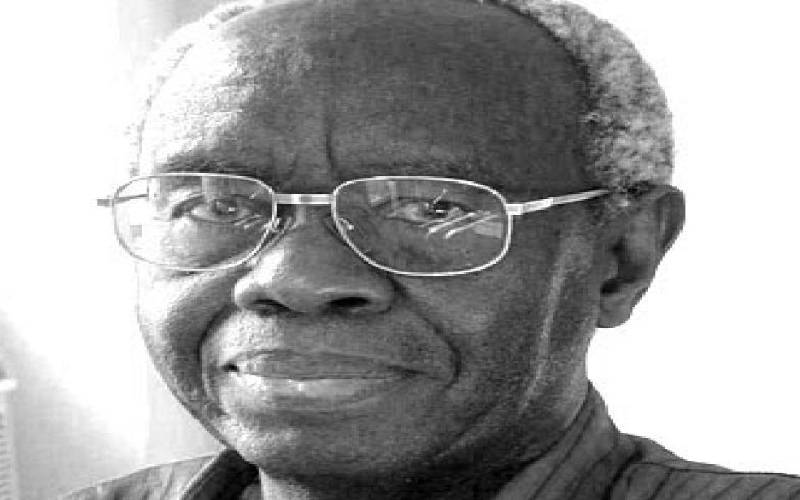×
The Standard e-Paper
Home To Bold Columnists
 The Kenyan academic fraternity is in mourning following the demise of scholar, theologian and a teacher, Prof John Mbiti, who breathed his last yesterday in Switzerland where he was hospitalised.
The Kenyan academic fraternity is in mourning following the demise of scholar, theologian and a teacher, Prof John Mbiti, who breathed his last yesterday in Switzerland where he was hospitalised.
Former Prime Minister Raila Odinga and Prof Makau Mutua joined other Kenyans in mourning the renowned theologian and philosopher, recalling his contribution to African religions.